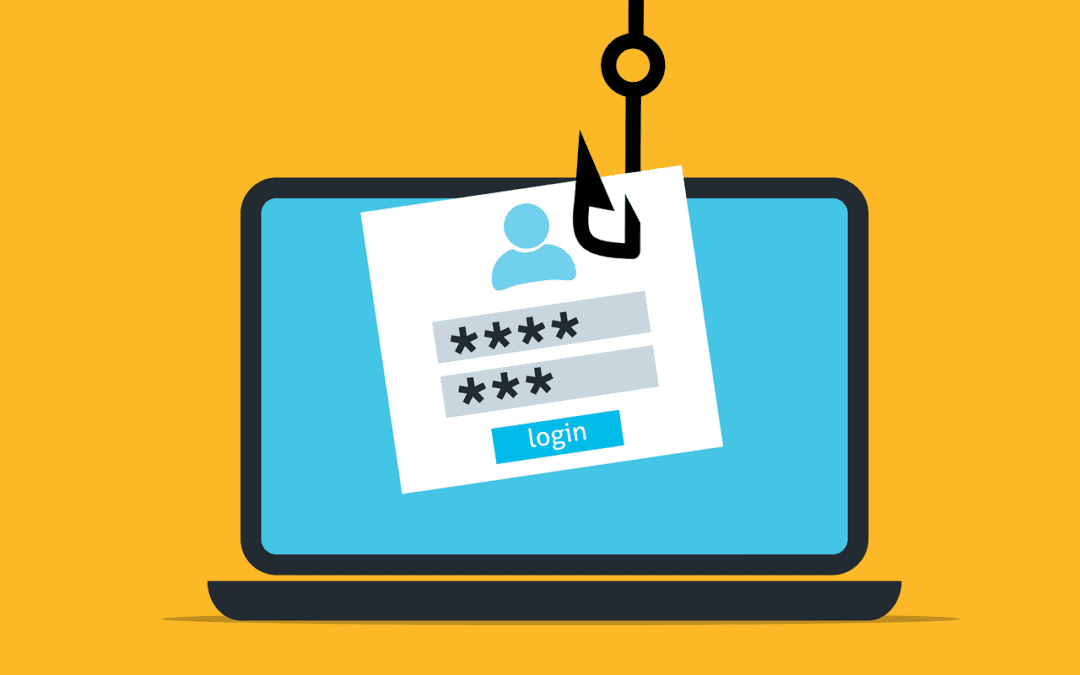At Acme Business, we always keep our eyes peeled for phishing attacks. They’re the most common type of cyber attack and pose a large risk to any business or organization. There are different types of phishing attacks, but each has the end goal of compromising and stealing your valuable data for their gain.
But why is phishing so common? Why is it such a threat? How do we protect against it? Like anything in the business world, the more you understand about how it works, the more you can prepare for any threat thrown at you.
Let’s dive deeper into phishing scams.
What are Phishing Attacks Anyways?
Phishing is when bad actors send emails or other messages designed to trick innocent people into divulging their financial information, system credentials or other sensitive data. Some of the best phishing attacks are crafty and tough to detect, which is why Acme Business recommends exercising extreme caution even when going through emails in your day-to-day. One click on a malicious message, and your organization could have a HUGE problem.
Phishing is an act of social engineering: a technique to manipulate human psychology into doing what the bad actors want. Social engineering includes things like forgery, misdirection and just plain lying.
Phishing attacks have a basic framework of an attack disguised as a message from a legitimate source or person. They try to portray themselves as trustworthy to steal personal information or credentials. In the email, they often use a fake sense of urgency in their message and usually threaten something along the lines of suspension of an account or money loss. Often, cybercriminals use fake domains of real organizations and use them to send out multiple scam emails. (For example: you may click a link that sends you to a landing page that looks exactly like a webpage from one of your company’s utility companies prompting you to make a payment to avoid shutoff, or to provide your account number or Social Security number.)
Another type called spear phishing works like a normal phishing attack but instead of a wide range of people, it only targets specific individuals in a business. They target anyone or groups who have higher access levels within the wider organization.
Smishing or SMS phishing instead sends text messages with the same intent as a phishing email.
How to Avoid Falling Victim to Phishing Attacks
While looking at the email check how the message is actually written and sounds out loud. Look closely at how the message is formatted and if it has issues like poor spelling and grammar, which are always a red flag for phishing attacks. While some are quite convincing, many phishing scams are created by overseas actors with limited grasp of the English language.
At Acme, the cybersecurity experts here have developed a habit of looking closely at these emails including the text of emails that contain links. (Helpful tip: hover over any links before clicking them to see where they really lead.)
While reading these emails take the time to stop and think if the demands seem reasonable or if it’s complete nonsense. We also urge you to never click a link from an untrusted email. If an email is demanding personal information, credit card numbers or account passwords without you initiating the conversation, DO NOT click anything at all.
Let Acme Business Help You Avoid Phishing Attacks & Other Common Cyber Crimes
Using a good Next-Gen AV like SentinelOne will help stop those phishing scams by inspecting encrypted traffic and enforcing firewall control. SentinelOne will even block known scam sites to defend against cybercrime. Training your team to identify phishing attacks is always an excellent investment, as well.
As we all know, one of the greatest cybersecurity myths is our safety online – for business or personal reasons. But business owners like you can educate yourselves on the risk and secure training and resources to be proactive against cyber threats. If you don’t have an in-house IT team, managed cybersecurity services may be the best option.
At Acme Business, we are aware of what these threats mean to your business, and we are well-equipped to deal with them. Call Acme Business at (716) 372-1325, visit our website for expert guidance, and connect with us on LinkedIn. There are so many ways to be reeled in by phishing attacks and other scams, so it’s important to have someone you can trust to help you avoid and deal with them.


Recent Comments